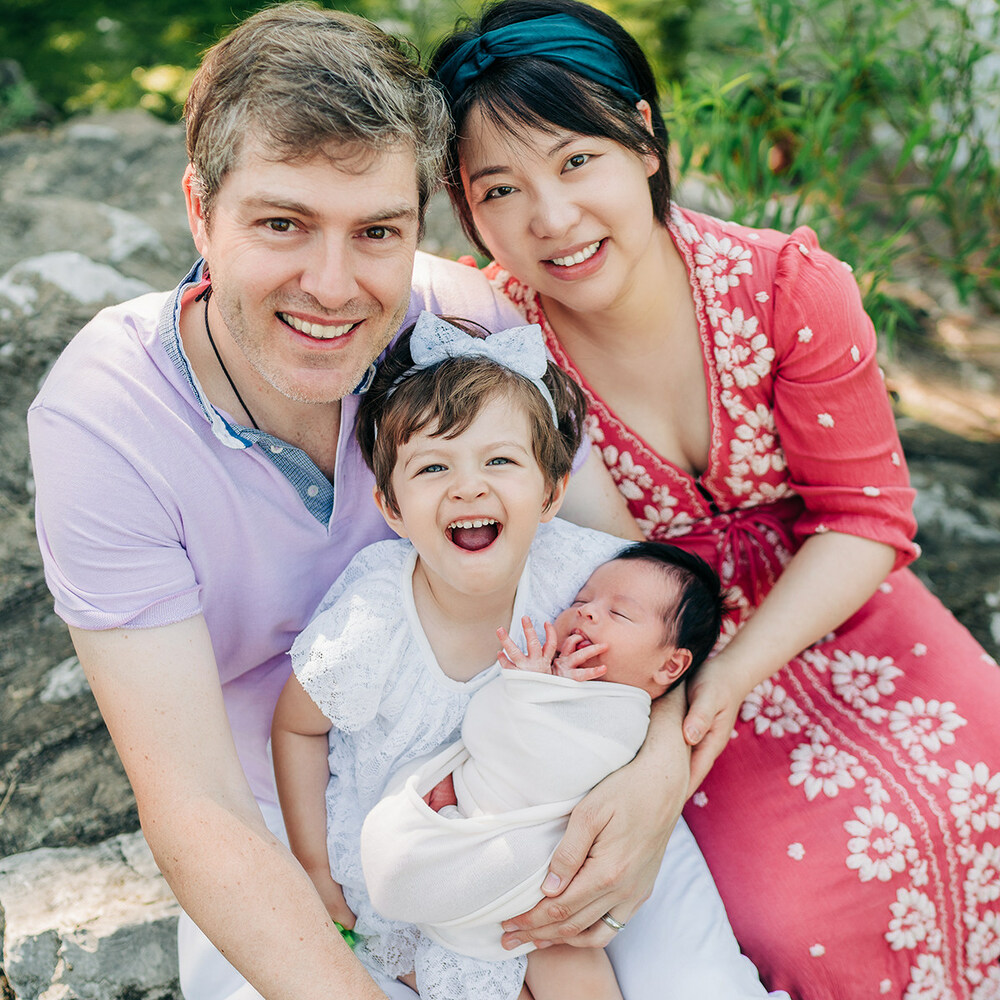Chemotherapy is a lifesaving treatment for many cancer patients, but the side effects can lead to hospitalisations. Named The Chen Chemotherapy Model after lead data scientist Jiajing Chen, the new AI-driven texting platform is proving valuable at keeping patients out of the hospital by raising red flags before symptoms become severe.
The Chen Chemotherapy Model creates a risk score for non-leukaemia chemotherapy patients over the age of 18. Continuously learning, the model predicts the likelihood of outpatient chemotherapy patients experiencing symptoms that may result in hospitalisation within 30 days of their chemotherapy treatment.
Once opted into the Smart texting platform, patients receive a daily text for seven days, except at weekends and holidays. The text includes a list of symptoms including diarrhoea, pain, fever, fatigue, nausea, vomiting or no symptoms.
“Historically, we have not known which patients are having a problem until they presented to the ER or called the office, which was typically late in the day when we had limited options available,” said Dr Jay Carlson, Mercy Cancer Care Performance Acceleration medical director. “The Chen Chemotherapy Model and smart texting allow us to proactively manage these patients and identify when they are having problems earlier in the journey. This means they may be able to be treated in the office, recover faster and feel better overall.”
When a patient selects a symptom, they are prompted to rate it and, based on their answers, the information may be escalated to their provider.
Chen served Mercy for nearly four years before she lost her own battle with cancer earlier this year. Prior to her diagnosis, Chen used her expertise in statistical modelling, Machine Learning algorithms and predictive analytics to develop the model that would later help others like her.
Greenwood said this project meant so much to Chen, whose short battle with a rare and aggressive form of cancer interrupted her work. “When she was in the hospital, she used all her strength to make sure her knowledge was passed along to her Mercy colleagues,” Greenwood said. “The project, named for Jiajing, will be a legacy I can share with our children, ages 1 and 4, to help them know their mother.”
Chen won Innovator of the Year at the 2020 ACCC National Oncology Conference for her work on the model, which has been improved with Epic workflow integration and texting technology. The new smart texting program using The Chen Chemotherapy Model is the first of many use cases made possible by the Mercy and Microsoft collaboration.



